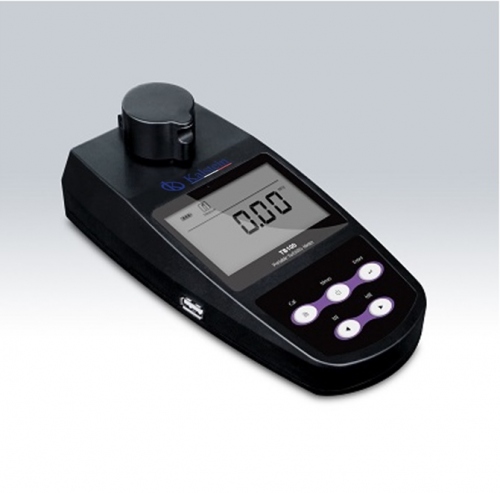Turbidity is the degree of transparency that water or any colorless liquid loses, due to the appearance of suspended particles in it. The turbidity of the liquid increases with the increase of the solids present in it; the more solid, the greater the turbidity.
Turbidity is an important factor in determining the quality of the water in its purification, the more transparent, the purer (with higher quality); On the contrary, the more cloudy the more contamination or mixing of water with another type of component (low quality) is evidenced. Suspended solids and particles in water are possible carriers of viruses, bacteria, fungi, and parasites. Therefore, having a turbidity control of the water is required to avoid the spread of infectious diseases. That is why turbidity meters are applied in water treatment plants and in purification plants. As well as, it has application in the chemical industry, in wastewater control, and in power generation.
The turbidity of the water, which is the focused liquid, is influenced by the following factors: presence of phytoplankton, presence of algae or growth thereof; presence of sediments caused by erosion; presence of sediments detached from the bottom, among others.
Turbidity measurement
Turbidity is measured in Nephelometric Turbidity Units (NTU). The implement used to measure the turbidity of water is the turbidimer (Turbidity Meter) or nephelometer.
Turbidimeters are used to measure turbidity in water, sugar, beer, wine, effluent, and beverages in general. A turbidity measurement helps to quickly estimate the concentration of total suspended solid, allowing determining the quality of the measured liquid.
How does a turbidimeter work?
A tube meter measures the suspended particles from the optical detector, with a light beam and a light detector that is set at 90 ° from the original beam, the density of the particles is a function of the light reflected by the light from the suspended particles in the detector.
Turbidity limit for human consumption
According to the WHO, the turbidity of water for human consumption should not exceed 5 NTU; ideally, the turbidity level should be below 1 NTU. The established limits are set to guarantee perfect visible water, which in turn will be hygienically so. All in order to avoid diseases and infections that would be caused if the limits are exceeded.
At Kalstein we are MANUFACTURERS and we offer quality turbidity meters, both tabletop and portable, and at the best PRICE on the market. Visit us on our website, in the products section HERE

